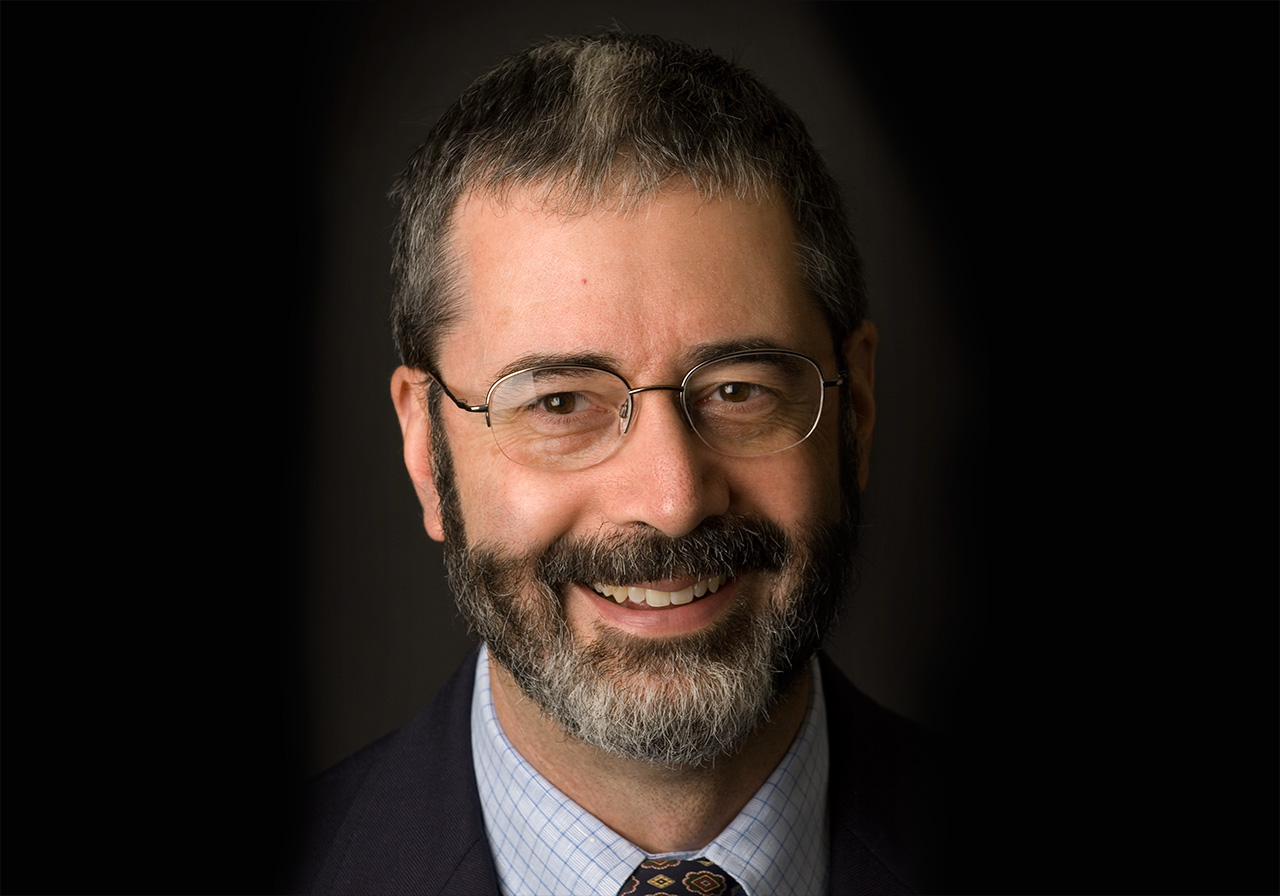When I started in 2007 as CT's copy editor, I had three go-to grammar guides: The American Heritage Dictionary, The Chicago Manual of Style, and David Neff.
It turns out the last guide was also the best. After spotting a misplaced comma or extra hyphen, David would walk down to my office, kindly and clearly explain the linguistic law behind the change, and point me to the right CMS entry. And also throw in a historical tidbit, just for fun. I trusted his wisdom so much that I began asking WWDD?—"What Would David Do?"—before tricky editing projects, as no doubt many staff have over the years.
Conversations like these underscore why editor Mark Galli named David "a gentleman and a scholar" at a June board meeting honoring David's legacy. In various leadership roles (six of them!) over 28 years, David kept this magazine centered on the Cross when many voices co-opted the word evangelical for political ends. Yet David also made sure CT's firm theology bore witness to social issues of the day, calling Christians to bring the Good News to all members and segments of society. The gentleman-scholar's fingerprints are all over two key documents of evangelical thought: "For the Health of the Nation" (2004) and "An Evangelical Manifesto" (2008).
David's fingerprints are also all over this ministry. Some prints worth noting here: helping to launch sister magazine Books & Culture; prepping a forthcoming Spanish edition of CT; mentoring former and current staff who are shaping religious journalism in their own key ways; representing CT in dialogues with Jews, Mormons, and Muslims; and in countless seen and unseen ways, raising our bar of journalistic excellence. This doesn't even touch on David's roles outside this ministry (as trustee of the Robert Webber Worship Institute, husband of LaVonne, and choirmaster of St. Barnabas Episcopal Church).
As I write this, David is packing up his office, preparing for retirement. And I am thinking of what the halls will be like without his wisdom, insight, and vast body of knowledge gracing them. I am thinking of our staff birthday celebrations, and wondering who will hum to get us all singing "Happy Birthday" on the right note. We anticipate many good things ahead for David (he says that a Definitive History of Evangelical Protestantism is not in the plans, though I have my doubts). But we well know that we're losing a gentleman and a scholar who got CT singing on the right note for nearly three decades. May we carry on the tune well.
Next issue: Kent Annan introduces the New Friars, who are embodying Christ in the world's slums; Tullian Tchividjian revels in the two words that summarize the whole Bible; and Karen Swallow Prior explores the new-but-very-old prodigal phenomenon.










